-
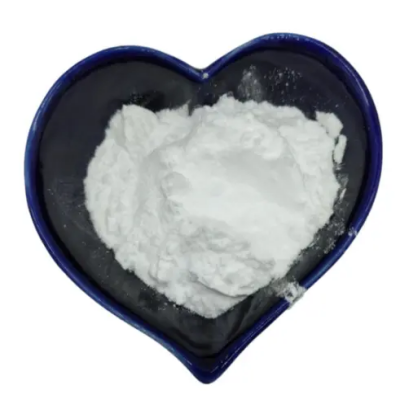
Trimethylammoniumchloride CAS:593-81-7
Trimethylammonium chloride is a chemical compound with the formula (CH3)3NCl. It is a white crystalline solid that is soluble in water and commonly used in organic synthesis and as a phase-transfer catalyst. This compound consists of a trimethylammonium cation and a chloride anion, making it a versatile reagent in various chemical reactions.
-
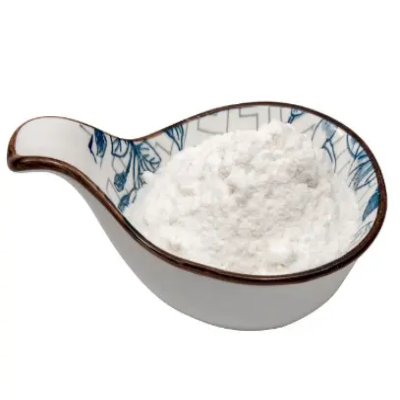
Tropinone CAS:532-24-1
Tropinone is a chemical compound with the molecular formula C8H13NO. It is a bicyclic ketone found in various plant species, particularly in the Solanaceae family. Tropinone serves as a precursor in the biosynthesis of tropane alkaloids, which have pharmacological and toxicological properties. This compound plays a crucial role in the production of drugs and natural products with diverse biological activities.
-

Ethylacetoacetate CAS:141-97-9
Ethylacetoacetate is a colorless liquid with the chemical formula C6H10O3. It is a versatile compound used in organic synthesis as a precursor for various chemical reactions, such as the formation of beta-diketones and esters. Ethylacetoacetate is known for its reactivity and ability to participate in a wide range of transformations in organic chemistry.
-
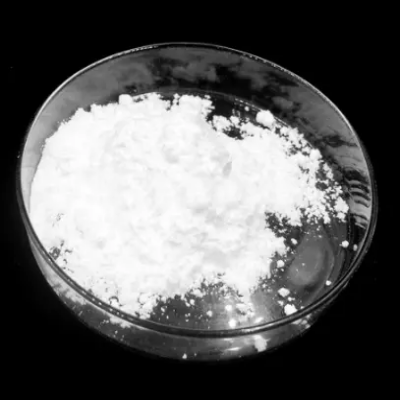
Ethyl2,2-difluoroacetoacetate CAS:2266-48-0
Ethyl 2,2-difluoroacetoacetate is a fluorinated organic compound utilized in various chemical reactions, particularly in the synthesis of pharmaceuticals and agrochemicals. Its molecular structure contains two fluorine atoms attached to the acetoacetate moiety, imparting distinctive reactivity and selectivity in reactions.
-
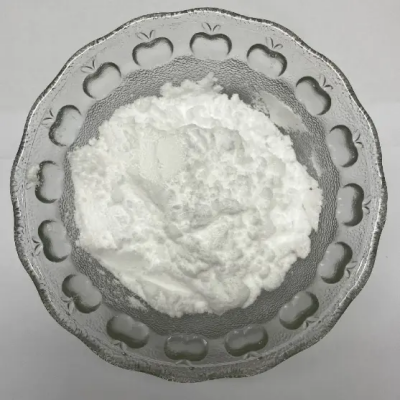
Ethoxyaminehydrochloride CAS:3332-29-4
Ethoxyaminehydrochloride, also known as ethoxyamine HCl, is a crystalline compound with the molecular formula C2H7NO·HCl. It is soluble in water and exhibits reactivity in organic synthesis. This compound is utilized in diverse chemical reactions, including the formation of oximes and hydroxylamines, as well as in the pharmaceutical industry for the synthesis of certain drugs.
-
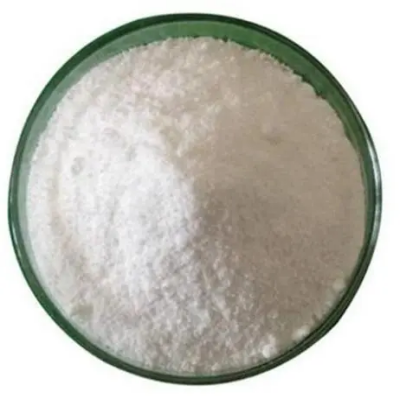
Dimethyl1,3-acetonedicarboxylate CAS:1830-54-2
Dimethyl 1,3-acetonedicarboxylate is a chemical compound with the molecular formula C7H10O5. It is a colorless liquid commonly used in organic synthesis for the preparation of pharmaceuticals, agrochemicals, and specialty chemicals. This compound consists of a dimethyl acetone moiety with carboxylate groups at the 1st and 3rd carbon positions, making it a versatile building block in organic chemistry.
-
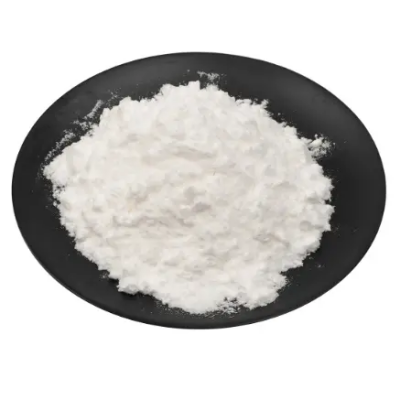
EthylDifluoroacetate CAS:454-31-9
EthylDifluoroacetate is a chemical compound with the molecular formula C4H6F2O2. It is commonly used as a building block in organic synthesis due to its versatile reactivity and ability to introduce difluoromethyl groups into various organic molecules. This compound is a colorless liquid with a fruity odor, and it is often employed in the pharmaceutical and agrochemical industries for the synthesis of biologically active compounds.
-

p-Toluenesulfonamide CAS:70-55-3
p-Toluenesulfonamide is a white crystalline solid with the molecular formula C7H9NO2S. It is sparingly soluble in water and commonly used as a reagent and intermediate in organic synthesis. This compound is valued for its versatility and compatibility with a wide range of chemical reactions, making it an essential component in the synthesis of pharmaceuticals, polymers, and specialty chemicals.
-
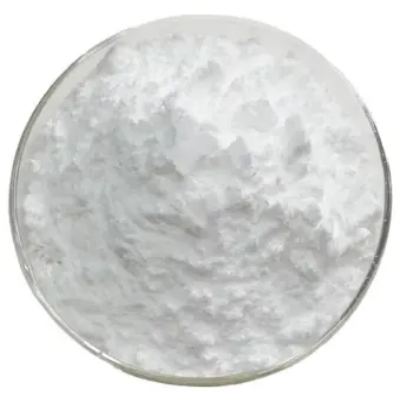
Diethylacetone-1,3-dicarboxylate CAS:105-50-0
Diethylacetone-1,3-dicarboxylate is a chemical compound with the molecular formula C10H16O5. It is a colorless liquid commonly used in organic synthesis for the preparation of various pharmaceuticals, agrochemicals, and specialty chemicals. This compound consists of a diethylacetone moiety with carboxylate groups at the 1st and 3rd carbon positions, making it a valuable building block in organic chemistry.
-
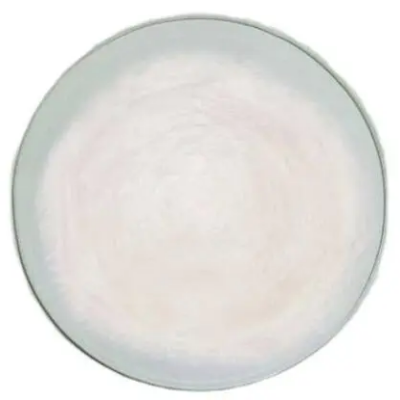
Ethylphenylacetate CAS:101-97-3
Ethylphenylacetate is an organic compound with the chemical formula C10H12O2. It is an ester formed by the condensation of phenylacetic acid and ethanol. Ethylphenylacetate is known for its sweet, fruity odor and is used in various applications, including perfumery, flavoring, and chemical synthesis.
-
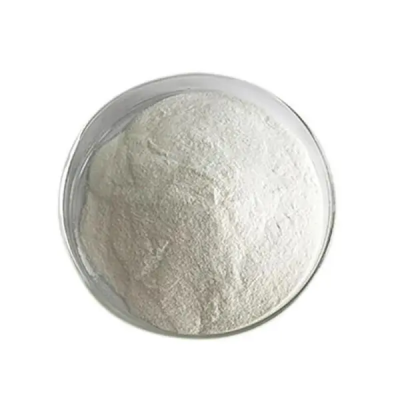
Methoxyaminehydrochloride CAS593-56-6
Methoxyaminehydrochloride, also known as methoxyamine HCl, is a crystalline compound with the molecular formula CH5NO·HCl. It is soluble in water and exhibits reactivity in organic synthesis. This compound is commonly employed as a versatile reagent in various chemical reactions, including the formation of oximes and hydroxylamines.
-
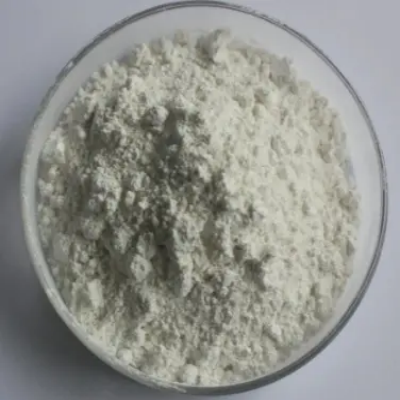
Difluoroaceticacid CAS:381-73-7
Difluoroacetic acid is a chemical compound with the molecular formula C2HF2O2. It is a colorless, corrosive liquid with a strong odor, primarily used as a reagent in organic synthesis and chemical research. This compound is known for its ability to introduce difluoromethyl groups into organic molecules, making it a valuable building block in the creation of pharmaceuticals, agrochemicals, and specialty chemicals.

